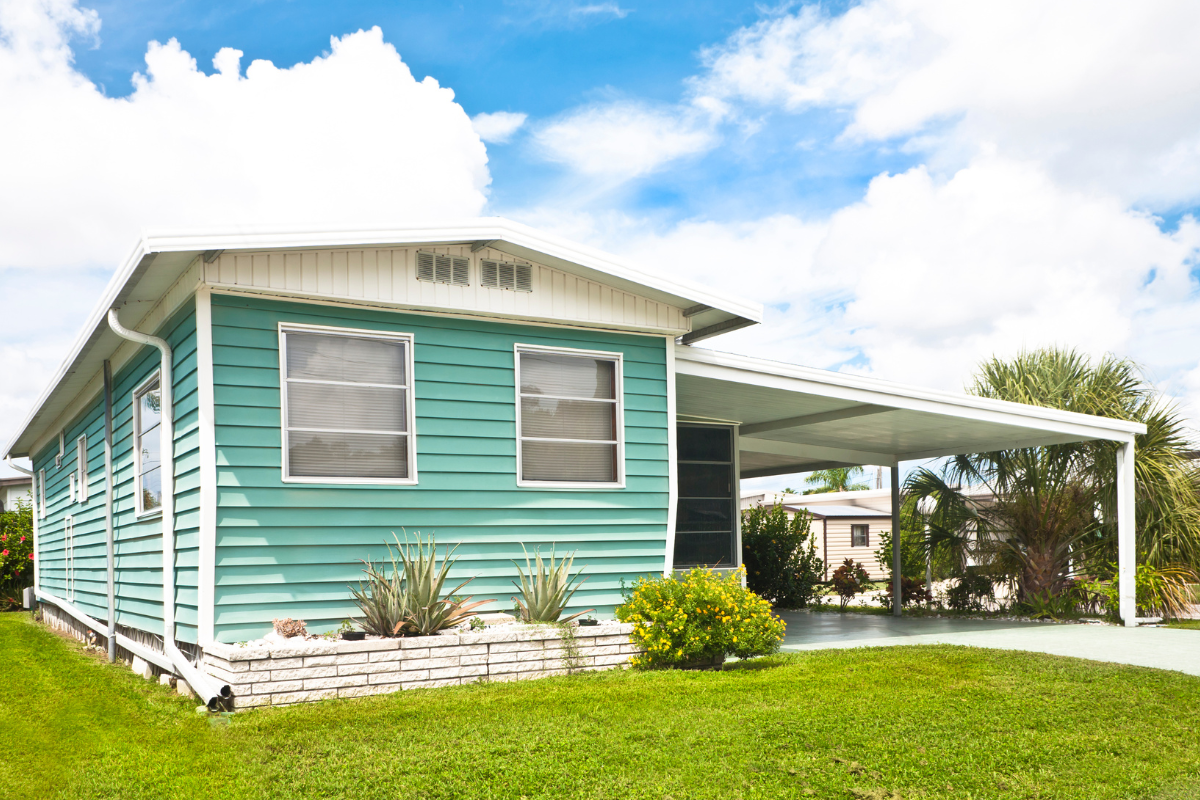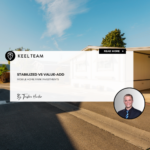Top 3 Things We’ve Learned from Investing in Mobile Home Parks
-
 Tristan Hunter - Investor Relations
Tristan Hunter - Investor Relations
Introduction to Investing in Mobile Home Parks
Mobile home parks have emerged as a niche yet increasingly attractive segment for investors seeking historically sustainable returns. This blog post dives into our journey and insights gained from investing in mobile home parks, highlighting the critical importance of understanding market demographics, the intricacies of utility infrastructure, and the strategic management of operational costs. Through meticulous analysis and strategic improvements, we navigate the complexities of this unique investment opportunity, aiming to maximize returns while fostering vibrant, thriving communities. Our experience underscores the value of a comprehensive approach, blending market insight with operational excellence to typically unlock the full potential of mobile home park investments.

1. Market Demographics
Our experience in the mobile home park asset class has illuminated the crucial role market demographics play in the success of an investment. While the operational aspects of a community, such as improving unit occupancy and modernizing infrastructure, lie within our sphere of influence, the macroeconomic conditions and community ethos surrounding the mobile home park do not. To navigate these waters, we rely on analytical tools and databases like Bestplaces and City-Data, which usually offers a lens into the vibrancy and viability of prospective markets.
We evaluate several demographic indicators to ensure a market’s robustness: Median home prices, which hint at the underlying real estate dynamics; rental rates for three-bedroom apartments, serving as a benchmark for setting competitive lot rents; the percentage of residents living below the poverty line, as a measure of economic health; population growth trends within the Metropolitan Statistical Area (MSA), indicating growth potential; median household income, reflecting the community’s purchasing power; and the diversity of employment sources, ensuring the local economy isn’t overly reliant on a single industry.
For instance, understanding that the true lot rent in a market is a function of the median home price offers a strategic framework for adjusting rents in line with real estate inflation, a practice many mom-and-pop operators may overlook. Similarly, correlating lot rents with the average rental rates for three-bedroom apartments allows us to position our offerings competitively while typically ensuring viability and growth.
2. Utility Infrastructure:
The utility infrastructure within a mobile home park stands as its most critical yet capital-intensive feature. Our approach leans heavily towards mobile home parks serviced publicly, primarily due to the reduced complexities and liabilities associated with city water and sewer systems compared to private utilities. This preference is rooted in our commitment to sustainable operations and long-term cost efficiencies.
Before committing to a purchase, conducting thorough due diligence on the community’s utility infrastructure is non-negotiable. Techniques such as camera inspections of sewer lines and pressure testing of water lines are indispensable in uncovering potential issues that could lead to significant expenses post-acquisition. Additionally, the availability of natural gas, as opposed to propane, can substantially reduce heating costs for residents, potentially making the mobile home park more attractive and livable.
Download our free eBook on the “Top 20 Things Learned from Mobile Home Park Investing “
By Andrew Keel

3. Property Taxes and Insurance
Through our investments, we’ve come to recognize property taxes and insurance as two of the most significant line items affecting an investment’s profit and loss statement. Proactively managing these costs is paramount. We have found substantial savings by challenging tax reassessments, often enlisting specialized attorneys who work on a contingency basis, ensuring that our interests are aligned towards minimizing tax liabilities.
Similarly, we adopt a disciplined approach to managing insurance expenses. By soliciting quotes from at least three different brokerage firms annually, we keep our insurance carriers competitive, ensuring that rate increases are justified and in line with industry standards. This practice not only helps in managing operational costs but also plays a critical role in potentially enhancing the mobile home park’s NOI and, consequently, its market value.
Conclusion to Investing in Mobile Home Parks
Our journey in mobile home park investments has been one of learning and adaptation. By focusing on market demographics, utility infrastructure, and cost management strategies like tax and insurance optimization, we’ve been able to navigate the complexities of the mobile home park asset class successfully. These insights form part of the cornerstone of our investment philosophy, guiding our decisions and strategies as we continue to explore new opportunities in this dynamic and typically rewarding sector.
Welcome to Keel Team Mobile Home Park Investments, where our mission is two-fold: to elevate communities and to potentially maximize investor returns. Our focus is on enhancing the quality of life for residents while potentially securing strong profits for our partners. We invite you to connect with us through the contact information provided below to delve into our investment approach and strategy in greater detail. Let’s work together to build thriving communities and successful investments.
Learn more about mobile home park investing.
Interested in learning more about mobile home park investing? Get in touch with us today to find out more.
Disclaimer:
The information provided is for informational purposes only and should not be considered investment advice, nor a guarantee of any kind. There are no guarantees of profitability, and all investment decisions should be made based on individual research and consultation with registered financial and legal professionals. We are not registered financial or legal professionals and do not provide personalized investment recommendations.

Tristan Hunter - Investor Relations
View The Previous or Next Post
Subscribe Below 👇





